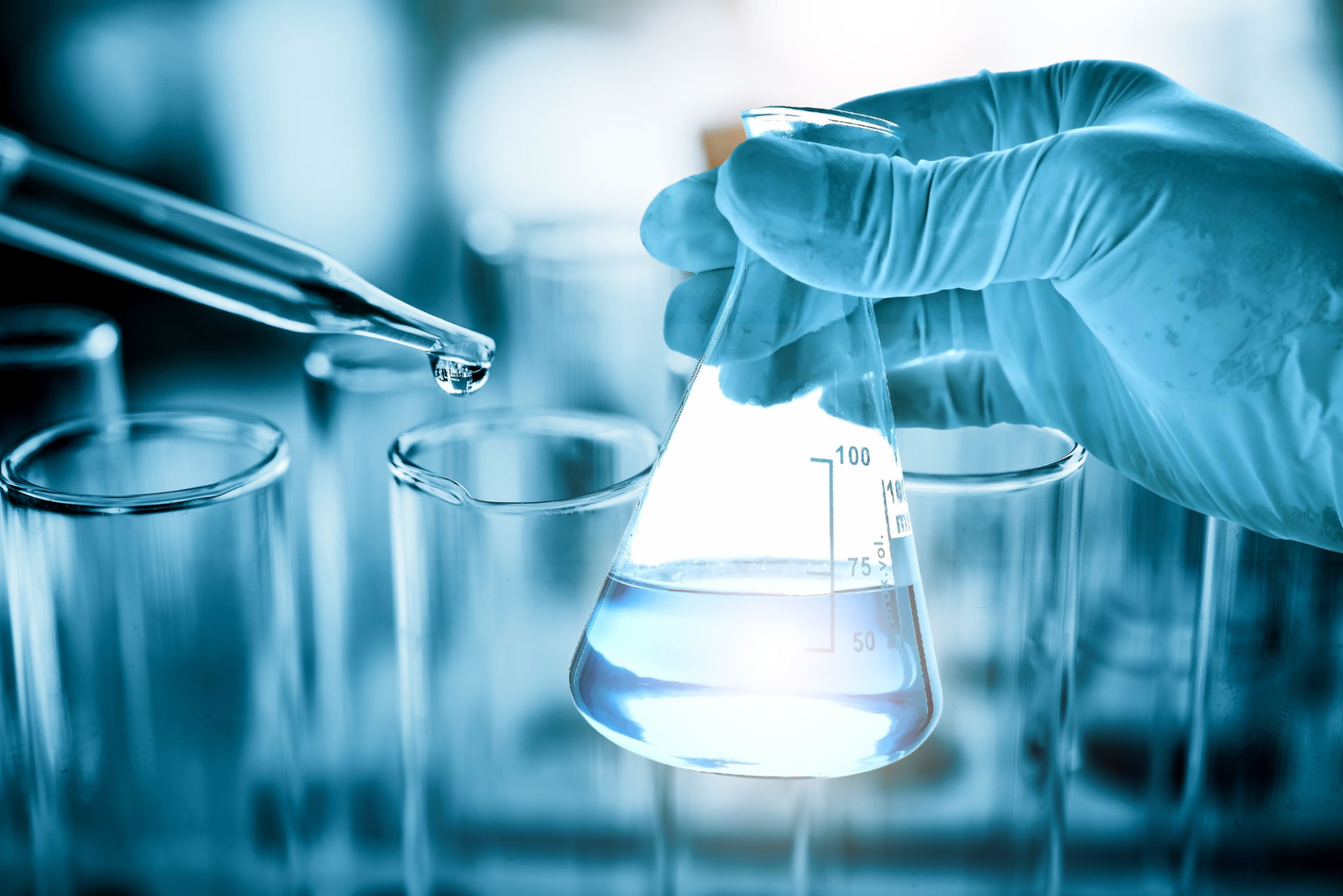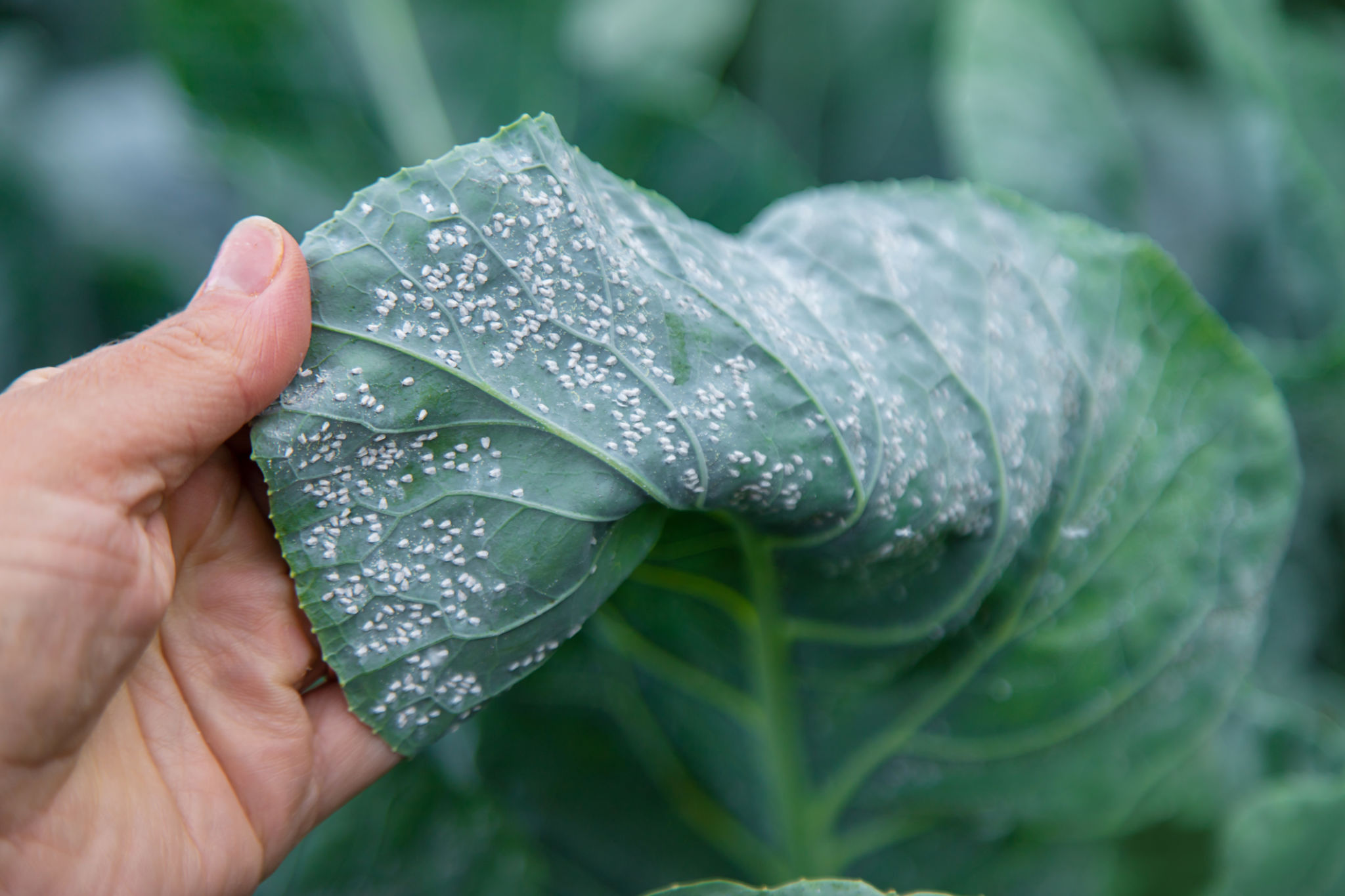Myth-Busting: The Truth About Pest Control Chemicals
Understanding Pest Control Chemicals
When it comes to pest control, many people have concerns about the chemicals used in the process. It's common to hear myths and misconceptions about these products, leading to unnecessary fear. Understanding what these chemicals are and how they work can help alleviate some of these concerns.

Common Myths About Pest Control Chemicals
One of the most prevalent myths is that all pest control chemicals are highly toxic and harmful to humans and pets. While it's true that some chemicals can be dangerous if mishandled, modern pest control products are formulated with safety in mind. Many are designed to target specific pests while minimizing risks to humans and animals.
Another belief is that pest control chemicals leave behind harmful residues that remain in the environment for extended periods. In reality, many of these products are designed to break down quickly and do not persist in the environment as long as people assume. Moreover, the application methods are designed to minimize exposure and potential harm.
The Science Behind Pest Control Chemicals
The development of pest control chemicals involves rigorous testing and research. These products undergo thorough evaluation to ensure they meet safety standards set by regulatory bodies. Scientists work diligently to create formulations that effectively target pests while reducing risks to non-target species.

Safety Measures and Regulations
Pest control professionals follow strict guidelines to ensure the safe use of chemicals. They are trained to apply these products in a way that minimizes risk, using personal protective equipment and adhering to application protocols. Additionally, regulatory agencies continuously review and update safety standards based on the latest research.
Consumers also play a role in ensuring safety by following instructions on product labels. It's important to store these chemicals properly and use them only as directed. Taking these precautions helps protect both human health and the environment.
Alternatives and Integrated Pest Management
Integrated Pest Management (IPM) is an approach that combines chemical and non-chemical methods to manage pests effectively. This strategy emphasizes prevention, monitoring, and control, using chemicals only when necessary. By employing IPM, pest control can be achieved with minimal chemical use, reducing potential risks.

Choosing the Right Pest Control Solution
When selecting a pest control service, it's essential to choose a company that prioritizes safety and sustainability. Reputable providers will discuss their methods, including the types of chemicals used and their safety measures. Don't hesitate to ask questions and seek a service that aligns with your values concerning health and environmental responsibility.
In conclusion, understanding the truth about pest control chemicals can dispel myths and ease concerns. By being informed and choosing responsible pest control practices, you can effectively manage pests while maintaining a safe and healthy environment.
